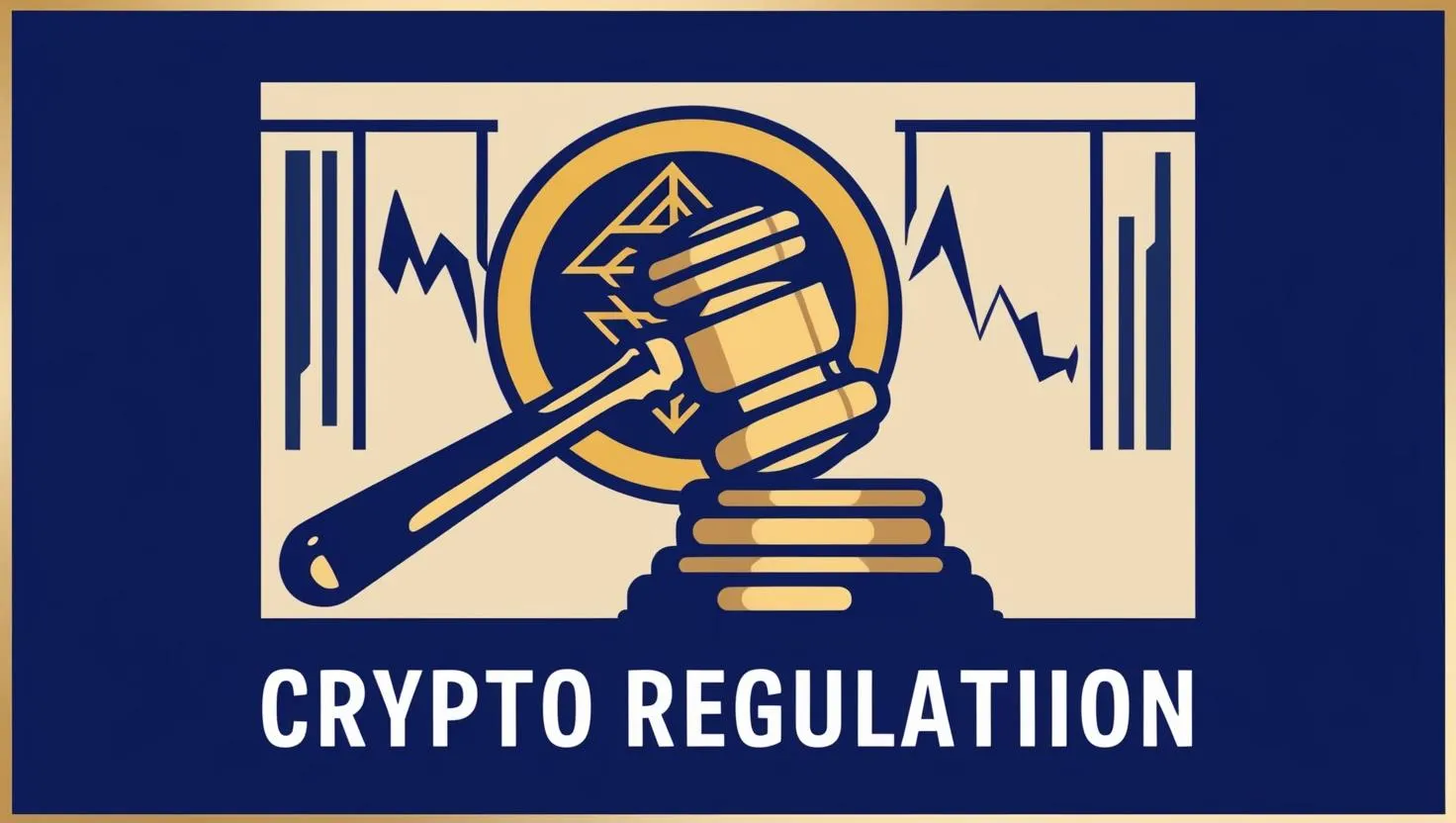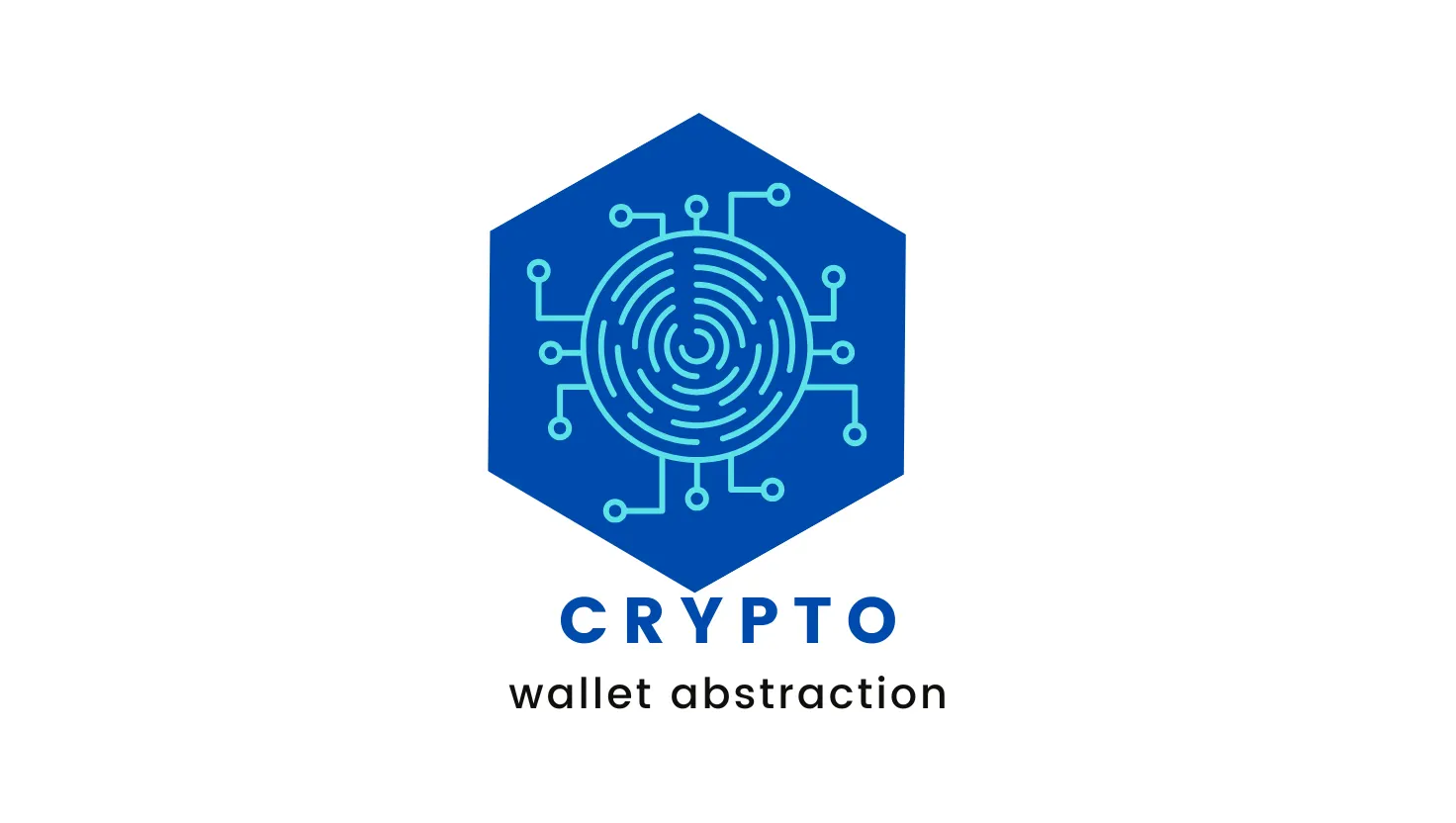How Crypto KYC Laws Could Trigger Sherman Act Violations: A Deep Dive into Compliance and Anti-Trust Risks
- Overview of Crypto KYC Laws
KYC laws in the cryptocurrency sector are part of Anti-Money Laundering (AML) and Counter-Terrorist Financing (CTF) regulations, primarily enforced in the U.S. under the Bank Secrecy Act (BSA) and overseen by the Financial Crimes Enforcement Network (FinCEN).
These laws require cryptocurrency exchanges and Virtual Asset Service Providers (VASPs) to:
- Verify Customer Identities: Collect identifying information (e.g., name, date of birth, address, government-issued ID) through a Customer Identification Program (CIP).
- Conduct Due Diligence: Assess customer risk profiles via Customer Due Diligence (CDD) and Enhanced Due Diligence (EDD) for high-risk clients.
- Monitor Transactions: Continuously review transactions for suspicious activity and file Suspicious Activity Reports (SARs) with FinCEN when necessary.
- Comply with the Travel Rule: Share originator and beneficiary information for transactions above certain thresholds (e.g., $3,000 for unhosted wallets).
Since 2013, FinCEN has classified crypto exchanges as Money Services Businesses (MSBs), subjecting them to BSA obligations.
Failure to implement KYC/AML programs can lead to penalties, as seen in cases like:
- KuCoin (2024): Charged for operating without KYC/AML programs until 2023, allegedly facilitating over $5 billion in suspicious funds.
- BitMEX (2022): Founders pleaded guilty to BSA violations for failing to maintain AML/KYC programs, resulting in a $10 million fine.
KYC laws aim to prevent illicit activities (e.g., money laundering, terrorist financing) by ensuring transparency in crypto transactions. However, they don’t directly address market competition or trade practices, which are the focus of the Sherman Act.
- Overview of the Sherman Act
The Sherman Antitrust Act (1890), codified under 15 U.S.C. §§ 1–7, is the primary U.S. federal law addressing anticompetitive behavior.It is enforced by the Department of Justice (DOJ) and the Federal Trade Commission (FTC). The Act has two key sections relevant here:
- Section 1: Prohibits “every contract, combination, or conspiracy in restraint of trade” that unreasonably restricts competition. Violations can be:
- Per se violations: Practices like price-fixing, bid-rigging, or market allocation that are inherently anticompetitive, requiring no further analysis.
- Rule of reason violations: Practices evaluated for their actual impact on competition, such as exclusive dealing or tying arrangements.
- Section 2: Prohibits monopolization or attempts to monopolize through anticompetitive conduct (e.g., predatory pricing, exclusionary practices).
Violations require evidence of agreements (Section 1) or unilateral conduct (Section 2) that harm competition, such as raising prices, reducing output, or excluding competitors. Penalties include fines, injunctions, or criminal charges for willful violations.
- Potential Intersection of Crypto KYC Laws and Sherman Act Violations
Applying KYC laws to Sherman Act violations involves exploring whether noncompliance with KYC/AML requirements could facilitate or constitute anticompetitive behavior.Below are potential scenarios and analyses:
Scenario 1: KYC Noncompliance as a Tool for Anticompetitive ConductA crypto exchange or VASP that deliberately avoids KYC requirements might gain a competitive advantage by:
- Attracting Illicit Users: By not verifying identities or monitoring transactions, an exchange could appeal to users seeking anonymity for illegal activities (e.g., money laundering, sanctions evasion). This could lead to higher trading volumes and market share, potentially at the expense of compliant competitors.
- Lower Operational Costs: KYC/AML compliance involves significant costs (e.g., software, personnel, audits). Noncompliant exchanges could undercut competitors on fees or services, engaging in predatory pricing to drive rivals out of the market, which could violate Section 2 if it leads to monopolization.
Sherman Act Relevance:
- Section 2: If a noncompliant exchange uses lower costs to engage in predatory pricing or exclusionary practices (e.g., denying interoperability with compliant platforms), it could be seen as attempting to monopolize. However, proving monopolistic intent requires evidence of market power (e.g., dominant market share) and exclusionary conduct beyond mere noncompliance.
- Section 1: If multiple exchanges collude to avoid KYC requirements to collectively dominate the market or exclude compliant competitors, this could constitute a conspiracy in restraint of trade. For example, agreeing to not implement KYC to maintain lower fees could harm competition.
Challenges:
- KYC violations are primarily regulated under the BSA, not antitrust law. Prosecutors would need to show that noncompliance directly caused anticompetitive harm, not just regulatory violations.
- Evidence of intent is critical. For Section 1, there must be a “contract, combination, or conspiracy,” which is hard to prove without documented agreements. For Section 2, monopolistic intent must be distinguished from legitimate business practices.
Example: KuCoin’s alleged KYC/AML violations enabled it to process billions in trades, becoming one of the largest exchanges. If this growth excluded compliant competitors through predatory pricing, it could theoretically trigger Section 2 scrutiny, but no such antitrust charges were filed, suggesting regulators viewed it as a BSA issue.
Scenario 2: Collusion via KYC Implementation
Exchanges might collude to implement overly restrictive KYC policies to exclude certain users or competitors, restraining trade.For instance:
- Market Allocation: Exchanges could agree to impose stringent KYC requirements in specific regions or for certain user types (e.g., retail vs. institutional) to divide markets and reduce competition.
- Barriers to Entry: Colluding to enforce KYC standards beyond regulatory requirements could raise costs for new entrants, protecting incumbents’ market share.
Sherman Act Relevance:
- Section 1: Such agreements would be a clear “conspiracy in restraint of trade.” If exchanges coordinate KYC policies to exclude competitors or users, it could be a per se violation (e.g., market allocation) or a rule of reason violation if the harm outweighs pro-competitive benefits (e.g., enhanced security).
- Section 2: If a dominant exchange unilaterally imposes excessive KYC requirements to exclude smaller rivals (e.g., by leveraging its market power to set industry standards), it could face Section 2 scrutiny.
Challenges:
- KYC policies are often justified as regulatory compliance, making it hard to prove anticompetitive intent. Courts would require evidence that the policies were designed to harm competition, not just enhance security.
- The crypto market is global, complicating jurisdiction and market definition for antitrust analysis.
Example: No direct cases link KYC collusion to Sherman Act violations, but trade associations in other industries have faced scrutiny for setting standards that exclude competitors. Crypto exchanges coordinating KYC policies through a trade group could attract similar attention.
Scenario 3: KYC Data Sharing and Antitrust Risks
Exchanges sharing KYC data to comply with the Travel Rule or AML requirements could inadvertently violate the Sherman Act if:
- Information Sharing Facilitates Collusion: Sharing sensitive data (e.g., customer transaction patterns, pricing) could enable exchanges to coordinate prices, allocate markets, or exclude competitors.
- Exclusionary Practices: Refusing to share KYC data with new entrants or smaller exchanges could create barriers to entry, especially if data access is essential for compliance or interoperability.
Sherman Act Relevance:
- Section 1: Sharing KYC data to fix prices or allocate markets would be a per se violation. Even non-price data sharing could violate the rule of reason if it reduces competition (e.g., by signaling pricing strategies).
- Section 2: A dominant exchange controlling KYC data infrastructure could exclude rivals by denying access, constituting monopolistic conduct.
Challenges:
- KYC data sharing is often mandated by regulations like the Travel Rule, providing a pro-competitive justification.
- Proving anticompetitive harm requires showing that data sharing went beyond regulatory requirements and directly harmed competition.
Example: The Blockchain Integrity Act (2024) proposed a moratorium on transactions involving crypto mixers, citing their use in obscuring transactions. If exchanges colluded to exclude mixers beyond legal requirements, it could raise Section 1 concerns, though no such cases have been prosecuted.
- Legal and Practical Considerations
- Regulatory Overlap: KYC violations are typically handled by FinCEN, the DOJ, or the CFTC under the BSA or commodities laws, not the DOJ’s Antitrust Division. For Sherman Act liability, prosecutors must prove anticompetitive intent and effect, which is distinct from BSA’s focus on financial transparency.
- Market Definition: Defining the relevant market (e.g., global crypto exchanges, U.S.-based VASPs) is critical for antitrust analysis. Crypto’s decentralized nature complicates this, as users can access noncompliant platforms offshore.
- Evidence Burden: Sherman Act cases require robust evidence of agreements (Section 1) or market power and exclusionary conduct (Section 2). KYC noncompliance alone is unlikely to meet this threshold unless tied to specific anticompetitive acts.
- Global Context: KYC/AML laws vary globally, with the Financial Action Task Force (FATF) setting standards adopted by many countries. Anticompetitive conduct involving KYC could have cross-border implications, requiring coordination among regulators.
- Case Studies and Precedents
No U.S. cases directly link KYC violations to Sherman Act violations, but related enforcement actions provide context:
- KuCoin (2024): Charged for BSA violations, not antitrust, despite its market dominance. The DOJ focused on money laundering risks, not competition.
- Binance (2023): Settled with the DOJ, CFTC, and Treasury for AML/KYC violations. No antitrust charges were filed, though Binance’s size raised market power concerns.
- Trade Associations: In other industries, trade groups setting restrictive standards have faced Sherman Act scrutiny. Crypto alliances (e.g., for KYC data sharing) could face similar risks if they exclude competitors.
- Critical Analysis
The establishment narrative frames KYC/AML laws as essential for preventing financial crime, but it’s worth questioning whether overzealous enforcement could stifle competition.
For example:
- Barriers to Entry: Stringent KYC requirements may disproportionately burden smaller exchanges, consolidating market power among large players like Binance or Coinbase.
- Privacy vs. Competition: Crypto’s appeal lies in pseudonymity, and KYC mandates could alienate users, reducing market diversity if only compliant platforms survive.
- Regulatory Capture: Large exchanges with resources to comply might lobby for stricter KYC rules to exclude smaller rivals, raising Section 1 or 2 concerns.
Conversely, KYC noncompliance could undermine fair competition by enabling illicit platforms to undercut legitimate ones, harming the market’s integrity. The challenge is balancing regulatory compliance with competitive fairness.
- Conclusion
Crypto KYC laws, rooted in the BSA, focus on preventing financial crimes, while the Sherman Act targets anticompetitive practices. KYC violations could theoretically intersect with Sherman Act violations in cases where:
- Noncompliance enables predatory pricing or exclusionary conduct (Section 2).
- Exchanges collude on KYC policies to allocate markets or exclude competitors (Section 1).
- KYC data sharing facilitates price-fixing or other anticompetitive agreements (Section 1).
However, no direct precedents exist, and proving Sherman Act violations requires evidence of intent and harm beyond KYC noncompliance. Regulators like FinCEN and the DOJ prioritize BSA enforcement, while antitrust scrutiny would likely arise only with clear evidence of market manipulation.
Crypto businesses should ensure KYC compliance to avoid BSA penalties and adopt transparent, non-collusive practices to mitigate antitrust risks.































































































